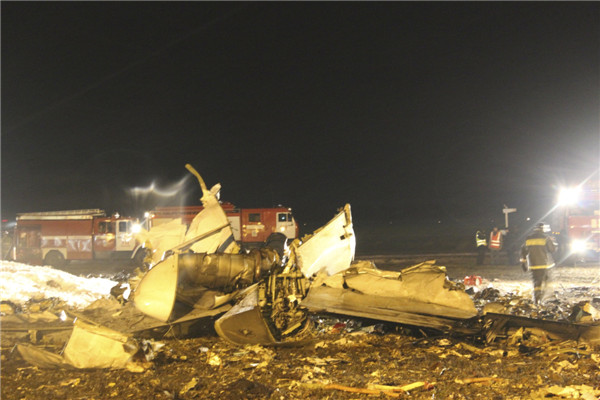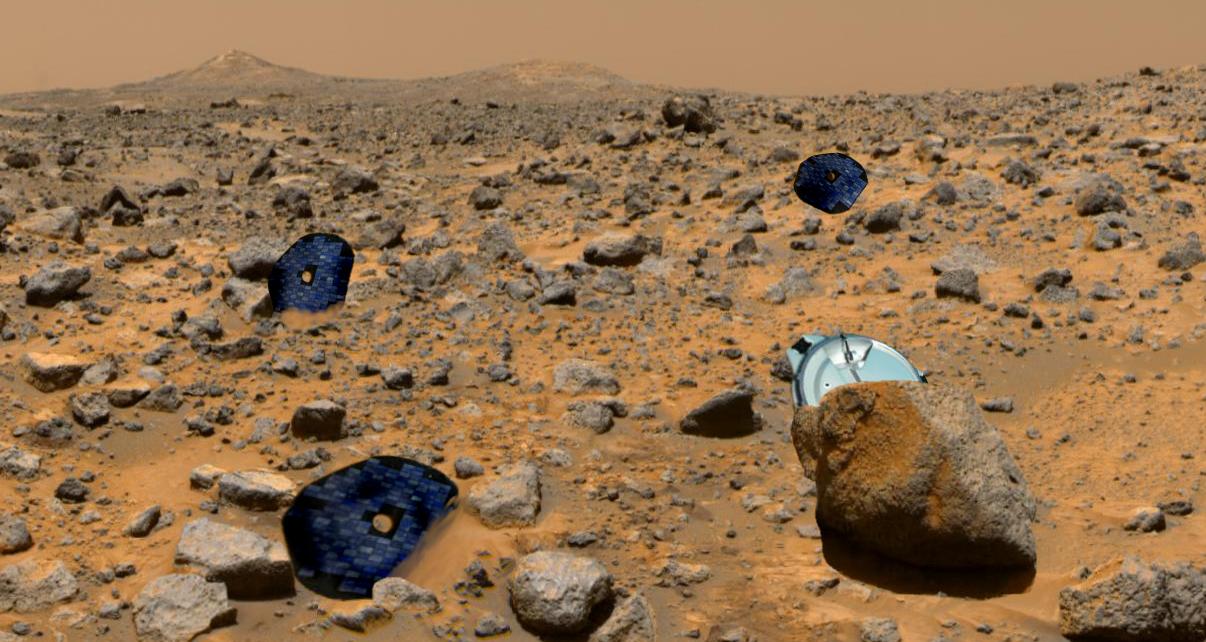Sorry man. You have to build your own to be third.
Yeah? Who says so? Because the EXPERTS don't. The Ariel 1 was a BRITISH satellite, and before the British only the Soviets and then the Yanks had launched one. To say that Canada was the third is only the typical Canadian arrogance and re-writing of history that I've come to expect.
And, using your logic, Canada wasn't the third either, was it? Your poxy satellite was built by de Havilland, the BRITISH company which also gave the world the first commercial jet airliner, the de Havilland Comet.
More American Martian probes have failed than British ones.
And what is the ONLY country other than the US and Russia to send a probe to Mars? Yes, GREAT Britain.
ROFLMFAO AGAIN. Looks like BULL**** Man is working hard again today.
Yeah. Of course, I'm making it all up.
Here's Prospero, a British satellite that was made in Britain by the Royal Aircraft Establishment in Farnborough and launched aboard a BRITISH rocket, the Black Arrow, on 28th October 1971. As far as I'm aware, Canada has never built its own satellite using one of its own companies and then launched it aboard its own rocket.
Prospero was named after the protagonist in Shakespeare's The Tempest
Britain's Black Arrow rocket
But Prospero (initially called Puck after the mischievous elf or sprite in Shakespeare's
A Midsummer Night's Dream, which was based on the ancient figure in English mythology) was intened to be only the second British satellite launched by a British rocket. An earlier Black Arrow launch on 2nd September 1970, carrying
the Orba X-2 satellite, had failed to achieve orbit after a premature second-stage shut down failed to reach orbit after the second stage of the carrier rocket shut down 13 seconds early.
As was noted in an episode of the
BBC television series Coast, radio transmissions from Prospero could still be heard on 137.560 MHz in 2004 (though the signals used in the episode were actually from an Orbcomm payload, rather than Prospero). Prospero had officially been deactivated in 1996, when the UK's Defence Research Establishment decommissioned their satellite tracking station at Lasham, Hampshire, but the satellite had been turned on in past years on its anniversary. It is in a low Earth orbit, and is not expected to decay until about 2070, almost 100 years after its launch.
http://en.wikipedia.org/wiki/Prospero_(satellite)




